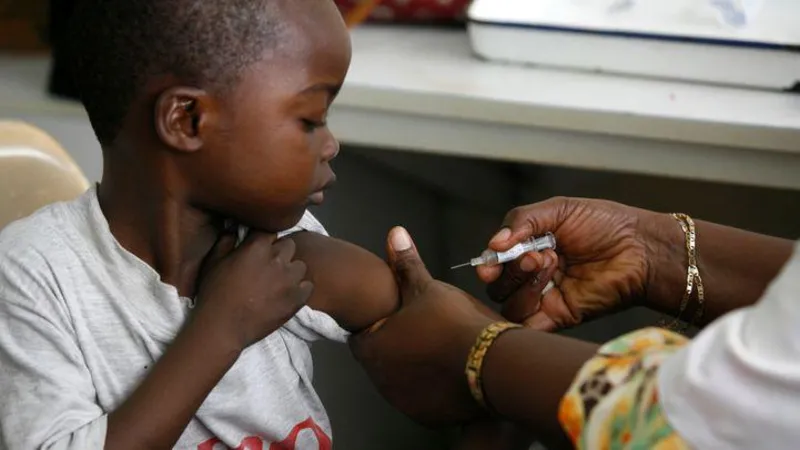Gom Mirian, Korede Abdullah in Lagos
Nigeria is taking centre stage in a new $6.4 million international effort to accelerate the long-awaited development of a vaccine against Lassa fever, a deadly viral disease endemic to West Africa.
The project, known as Unravelling Natural and Vaccine-Elicited Immunity to Lassa fever (UNVEIL), is led by the University of Texas Medical Branch (UTMB) with funding from the Coalition for Epidemic Preparedness Innovations (CEPI). Nigerian institutions — Jos University Teaching Hospital, Irrua Specialist Teaching Hospital and Abubakar Tafawa Balewa Teaching Hospital in Bauchi — will serve as frontline clinical research sites, alongside Kenema Government Hospital in Sierra Leone.
The research aims to identify immune markers that reveal whether someone is protected from Lassa fever. Scientists say this could transform vaccine development by replacing long and expensive clinical trials with faster laboratory-based assessments.
In a statement issued on Sunday, the principal investigator of UNVEIL, Courtney Woolsey, said the work addresses a critical barrier. “Once we can measure protection in a blood test instead of a prolonged clinical efficacy trial, we can deliver vaccines to impacted communities much faster,” Woolsey explained.
The World Health Organisation estimates that Lassa fever infects up to 300,000 people annually. Case fatality rates in hospitalised patients can exceed 20 percent, while 95 per cent of pregnancies in infected women end in miscarriage. Survivors often face lifelong complications such as hearing loss.
CEPI’s Lassa Disease Programme Lead, Katrin Ramsauer, said identifying immune signatures would be a “milestone achievement” in combating the virus. “A vaccine is urgently needed against Lassa fever, a deadly disease that continues to burden West Africa,” she added.
Beyond vaccine research, the consortium will train African partner hospitals in diagnostics, biobanking and clinical trials, strengthening outbreak response and regional health security.
Scientists say the methods pioneered under UNVEIL could also be adapted for other haemorrhagic fevers like Ebola, boosting global pandemic preparedness.


